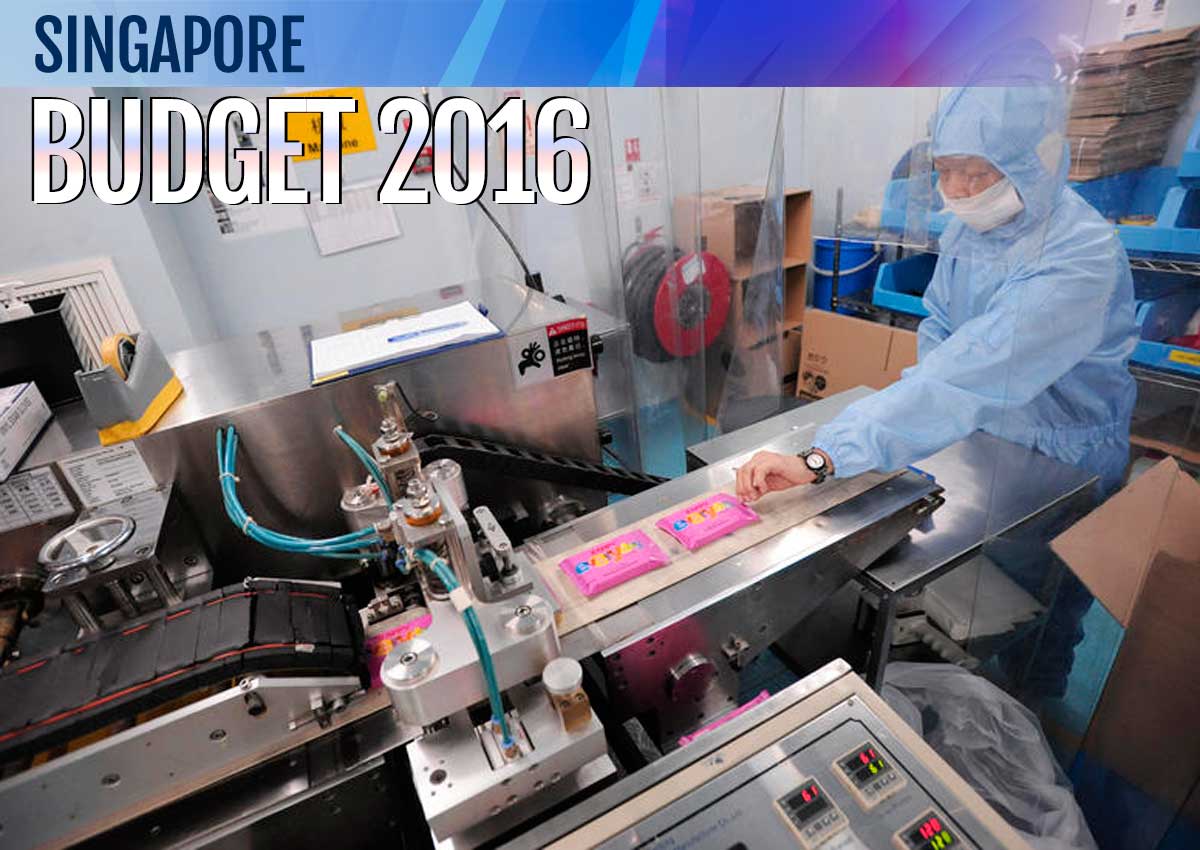It was not a blockbuster Budget, understandably as the Government is less than one year into its current term. The Minister for Finance has, however, signalled his longer-term plans for the economy.
Economically, this Budget seems to be a precursor to Committee on the Future Economy plans, focusing on longer-term development, economic transformation and for companies to restructure to fit into the future economy, through initiatives like the innovation and transformation of industries and the new Jurong Innovation District.
These are very good long-term plans for companies and industries that focus on their longer term viability and sustained future growth.
The immediate issues facing companies such as cost competitiveness, a drop in demand, drying up of credit and availability of manpower, seem to have been ignored.
The Government may think the economy is not in such a bad shape yet and expects further decline before it steps in. This is a gross underestimation of the real situation our companies, especially SMEs (small and medium-sized enterprises) are facing.
Not only SMEs, but even the large MNCs are facing huge difficulties coping with the high costs of doing business in Singapore as well as the availability of enough workers.
Ignoring these two issues will have a long-term detrimental effect on the ability to root companies in Singapore. While the higher tax rebate seems useful, this will not mean much if companies are not earning profits in the first place.
For SMEs, a bigger issue is credit availability. All of our banks have tightened credit and have become more conservative. Some banks, especially foreign banks that grew rapidly in the local credit market, have completely exited the SME market in Singapore.
The $300,000 SME Working Capital Loan scheme will not be effective because the 50 per cent risk-sharing provided by the Government is not attractive enough for banks. For $300,000, a minimum of 75 per cent sharing would have been more attractive and may work.
But anyway, $300,000 will be useful only to smaller companies. Many medium and larger companies are also squeezed for credit and the minister should have strengthened schemes like the Loan Insurance Scheme by taking a bigger share of the risk – say 75 per cent – to catalyse credit that has dried up.
Rolling back the Productivity and Innovation Credit Scheme (PIC) also seems to indicate that the Government is giving up on the PIC as a tool to help productivity improvements. I was hoping to see new initiatives for the Government to press on with productivity improvements.
There is an emphasis on robotics, but the level of adoption remains to be seen and even so, the potential displacement of labour is something that this Budget should have addressed, especially with job creation currently low.
On the whole, businesses may not be very excited by this year’s Budget as their immediate and near-term issues have not been adequately addressed.
The writer is an entrepreneur and former Member of Parliament.

This article was first published on March 25, 2016.
Get a copy of The Straits Times or go to straitstimes.com for more stories.



















